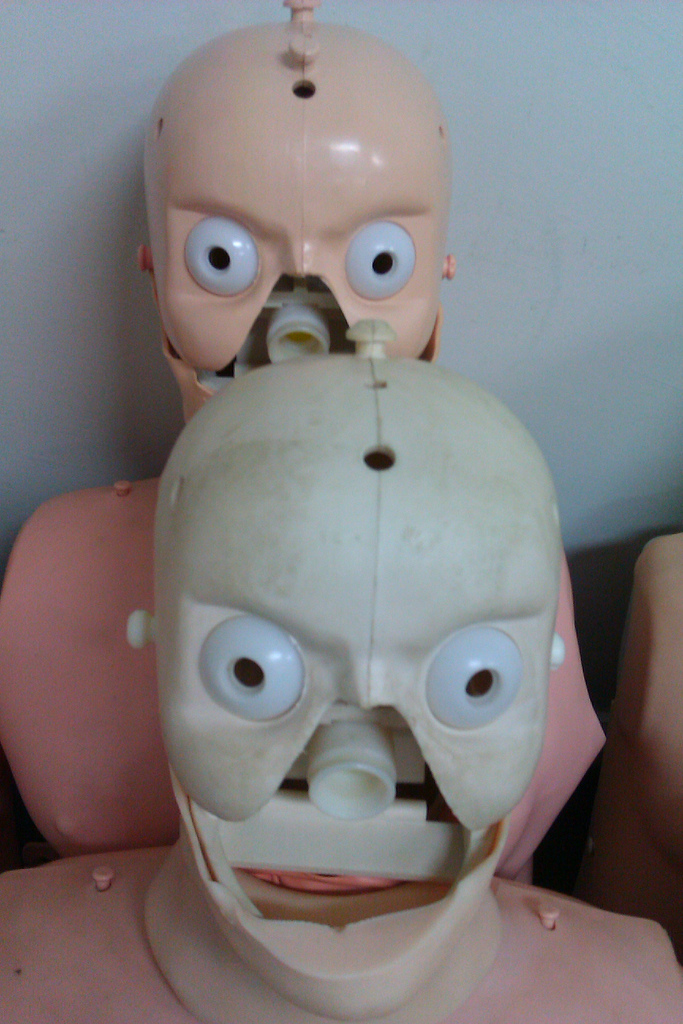As robots grow more autonomous, do we need to broaden the legal system to hold them (and just their manufacturers and owners) culpable for their misdeeds? Law professor Gabriel Hallevy thinks so. From an interview with the author of When Robots Kill that was conducted by Dylan Matthews at the Washington Post:
“Any punishment that we may impose on humans, we can impose it both on corporations and on the robot, or any other non-human entity. You need some fine-tuning adjustments. We can impose imprisonment on corporations. We have no problem with it. I’m not talking about putting in prison the people who are managing the corporations. The legal technique for corporations is to ask, “What is the meaning of imprisonment?” It’s to negate its freedom. The freedom of any corporation is the legal capability to make business. Therefore, when you impose six years imprisonment on a corporation, you cannot allow the corporation during this period to do business.
Robots, it has the same technique but it may lead to different consequences. When we impose imprisonment, we should ask what is the meaning of the certain punishment on the robot. It means to negate its freedom. That freedom is the freedom to commit its useful daily tasks. So you ban him from doing the daily tasks.
I don’t think that imprisonment for robots would be effective as it is for humans. There are other punishments that may be effective on robots than on humans. For any corporation the most effective punishment isn’t imprisonment. It’s a fine. For robots, I can think of community service. For example, in the near future when I hire the services of a robot to help me with my daily task, and the robot commits a criminal offense, for the next few months it may help the community by doing daily tasks for the community. For example, to help in the community library, to help to clean the streets or such other things that contribute to the community.
This is not the only punishment, but any punishment can be adjusted to the robot. Of course, the death penalty, in the case that we still have this punishment, it would be the simple solution of a shutdown, to shut down the robot. If there is no other option, you must cease his life, and that means to shut him down.”

